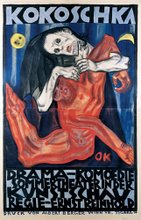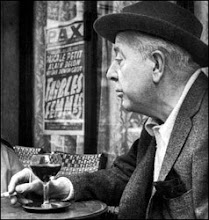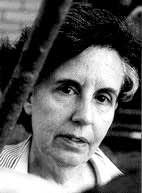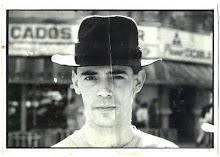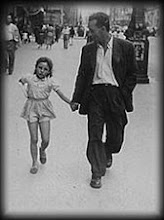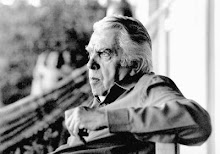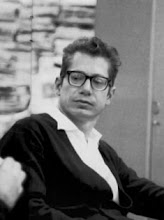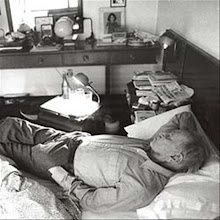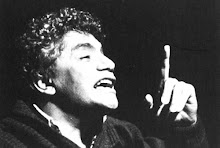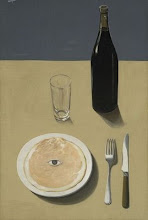The most important point that has to be made about Hard Times is a point about Thomas Gradgrind. Josiah Bounderby, the other villain of the piece, is a simple enough case. He is, with rough justice, the embodiment of the aggressive money-making and power-seeking ideal which was a driving force of the Industrial Revolution. That he is also a braggart, a liar and in general personally repellent is of course a comment on Dickens's method. The conjunction of these personal defects with the aggressive ideal is not (how much easier things would be if it were) a necessary conjunction. A large part of the Victorian reader's feelings against Bounderby (and perhaps a not inconsiderable part of the twentieth-century intellectual's) rests on the older and rather different feeling that trade, as such, is gross. The very name (and Dickens uses his names with conscious and obvious effect), incorporating bounder, incorporates this typical feeling. The social criticism represented by bounder is, after all, a rather different matter from the question of aggressive economic individualism. Dickens, with rough justice, fuses the separate reactions, and it is easy not to notice how one set of feelings is made to affect the other.
Raymond Williams
1921 - 1988


![[...]](https://blogger.googleusercontent.com/img/b/R29vZ2xl/AVvXsEjeNC2Kyxd34r2LuofHe9-vdXHeHwG3_2NhVmIOTlK2moU0Q4R7taMlS8iMmQgEl1-NdaRsPrLdREzfQZYKfUgjslwLZUZe67dAfFBREu-YRx6WGX-vAUt5eJT4_-lFwT4dGzGCQQ/s220/11798115_858304687558226_1857652538_n.jpg)
